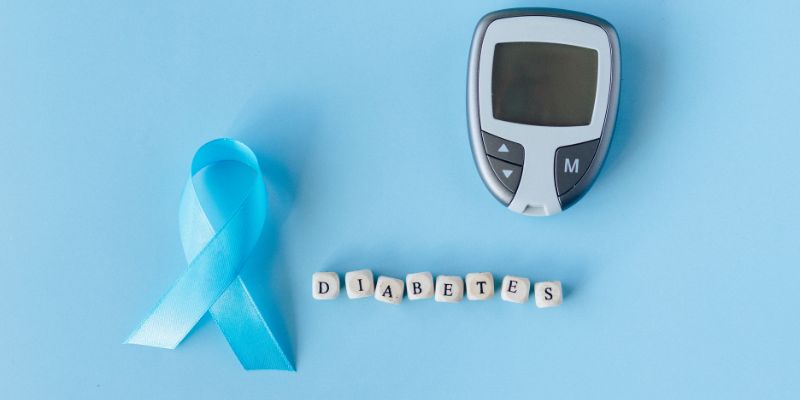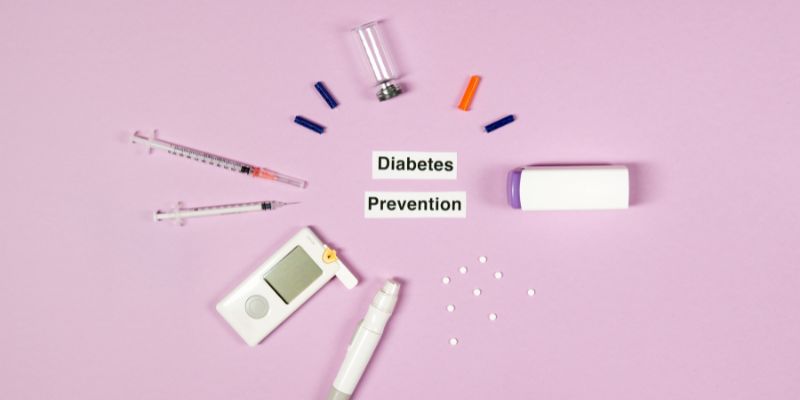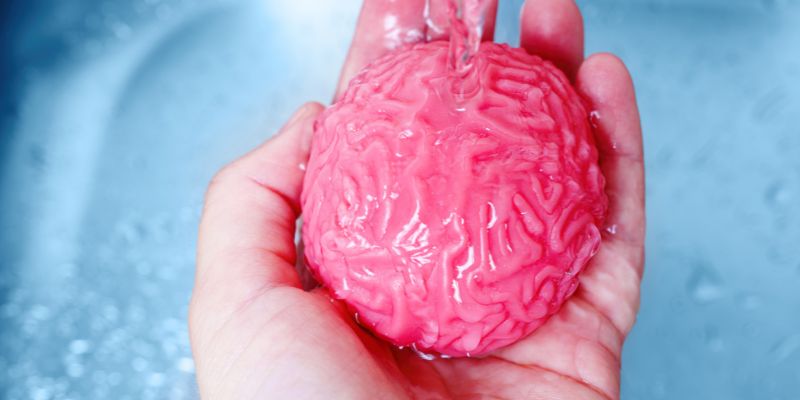Type 1 diabetes is a lifelong condition in which the body produces little to no insulin. The condition often begins in childhood or young adulthood. Although some viruses and genetics may be the cause of type 1 diabetes, its exact cause is still unknown. There is currently no cure for Type 1 diabetes. However, it does not mean you can't handle type 1 diabetes.
Various therapies have been found effective in treating this condition. But before going for any of the available therapies, you must understand the symptoms and causes of diabetes. For your ease, we have discussed all the possible causes and available treatments for type 1 diabetes here. So, let's get into the details!

What is Type 1 Diabetes?
Type 1 diabetes occurs when the immune system destroys the pancreas (insulin-producing cells). In this condition, the body can't produce enough insulin or, in some cases, any. Type 1 diabetes typically occurs in childhood or young adults but can also occur at any stage of life.
Remember that insulin is an important hormone that helps regulate blood sugar levels by allowing glucose to enter the body's cells for energy. Without insulin, blood sugar levels rise, leading to serious health problems. It's important to manage glucose levels if you have type 1 diabetes to avoid any major health problems.
Causes of Type 1 Diabetes
The exact causes of Type 1 diabetes are still a mystery. However, some experts say that the reason is a combination of genetic problems and environmental factors. Biologically, type 1 diabetes occurs when the body's immune system acts against the pancreatic cells. Genetics plays an important role, but that does not mean everyone with a family history of the disease will develop it.
Some researchers say that some viral infections can also trigger the onset of Type 1 diabetes in individuals with a diabetes family history. Factors like stress, diet, and even environmental factors can also contribute. However, the exact causes of Type 1 diabetes are still unknown.
Symptoms of Type 1 Diabetes
Symptoms of Type 1 diabetes can develop instantly, often over a few weeks or even days. The most common symptoms include:
- Frequent Urination: Due to high glucose levels, the kidneys work harder to remove excess sugar, which causes frequent urination.
- Extreme Thirst: Dehydration is another very common symptom of type 1 diabetes. Patients always feel intense thirst due to dehydration.
- Unexplained Weight Loss: Individuals with type 1 diabetes may lose weight no matter how much they eat. The body can't use glucose efficiently, leading to weight loss.
- Fatigue: Individuals feel constantly tired or weak due to insufficient glucose for energy.
- Blurred Vision: High glucose levels can affect the eyes, which affects their vision temporarily.
- Slow-Healing Wounds: Cuts, sores, or infections may take longer if you have type 1 diabetes.
If you don't treat Type 1 diabetes immediately, it can lead to more severe symptoms, like vomiting and abdominal pain, that often result in a life-threatening condition called diabetic ketoacidosis (DKA).
Who Does Type 1 Diabetes Affect?
Type 1 diabetes mostly affects young people. Anyone in their childhood and early adulthood can develop. However, it can also appear in people of any age. Unlike type 2 diabetes, which is more common in older adults, type 1 diabetes seems to come without any warning. That's why it is hard for anyone to recognize its signs and symptoms.
According to the experts, having a family history of Type 1 diabetes increases the risk. If a parent or sibling has Type 1 diabetes, the chances of developing the condition are higher. However, many people with a family history never develop the disease, while others without a family history may.
How to Treat Diabetes Type 1?
There are many ways to treat type 1 diabetes. Here are some suggested type 1 diabetes treatments:
- Insulin Therapy: Insulin therapy is the most common diabetes treatment. Although multiple daily injections or a continuous insulin pump are difficult, they work great. They ensure the body maintains a balanced blood sugar level and reduce the risk of long-term complications.
- Diet and Lifestyle Management: Although diet alone cannot cure Type 1 diabetes, maintaining a balanced, low-carb diet helps control blood sugar. Regular physical activity also improves glucose metabolism and can reduce insulin needs.
- Pancreatic Transplants: In some intense cases, people can undergo pancreatic transplants. This procedure is good for fixing the need for insulin, but it also comes with risks like organ rejection and the need for lifelong immunosuppressive drugs.
- Experimental Therapies: Some cutting-edge treatments aim to reverse Type 1 diabetes or reduce the body's dependence on insulin. If you want a treatment that does not involve injecting insulin, you can try other new technology therapies.

Risk Factors
While the exact causes of type 1 diabetes are unknown, certain factors increase the chances of getting it. Let's discuss them below.
- Family History: Having a close relative with Type 1 diabetes raises the risk.
- Genetics: A person may be more vulnerable to the disease if they have certain genes, especially those that control the immune system.
- Geography: As you go farther from the equator, the rate of type 1 diabetes increases.
- Viral Infections: Some research suggests that viral infections like enterovirus can trigger the autoimmune response that causes type 1 diabetes.
Understanding these risk factors is important because it will help you manage the condition, especially if you have a family history of type 1 diabetes.
Conclusion:
Although having Type 1 diabetes is a lifetime problem, it is manageable with good knowledge. Staying informed is important, from understanding the causes of Type 1 diabetes to knowing its symptoms. Traditional insulin therapy is the most common treatment, but there are some alternative treatment options, like diabetes type 1 treatment without insulin. You can control Type 1 diabetes and lead a healthy life with lifestyle modifications and treatment.







